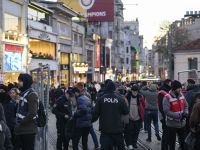Economic challenges facing 3-times Turkey President Erdogan
ALBAWABA – Third-time President of Turkey Recep Tayyip Erdogan was officially elected Sunday for a third and final term in office, with 52.14 percent of the votes and a handful of economic challenges facing the country’s longest-serving leader.
Erdogan’s economic approach has been described as ‘unorthodox’ by a myriad of economists and news agencies, from Blomberg to The Financial Times.
Runaway inflation
Annual inflation rates in Turkey have been declining, to 40 percent in April, from an all-time high of 85 percent, last year, according to Agence France-Presse (AFP).
Nonetheless, a 40 percent annual interest rate is still very high.
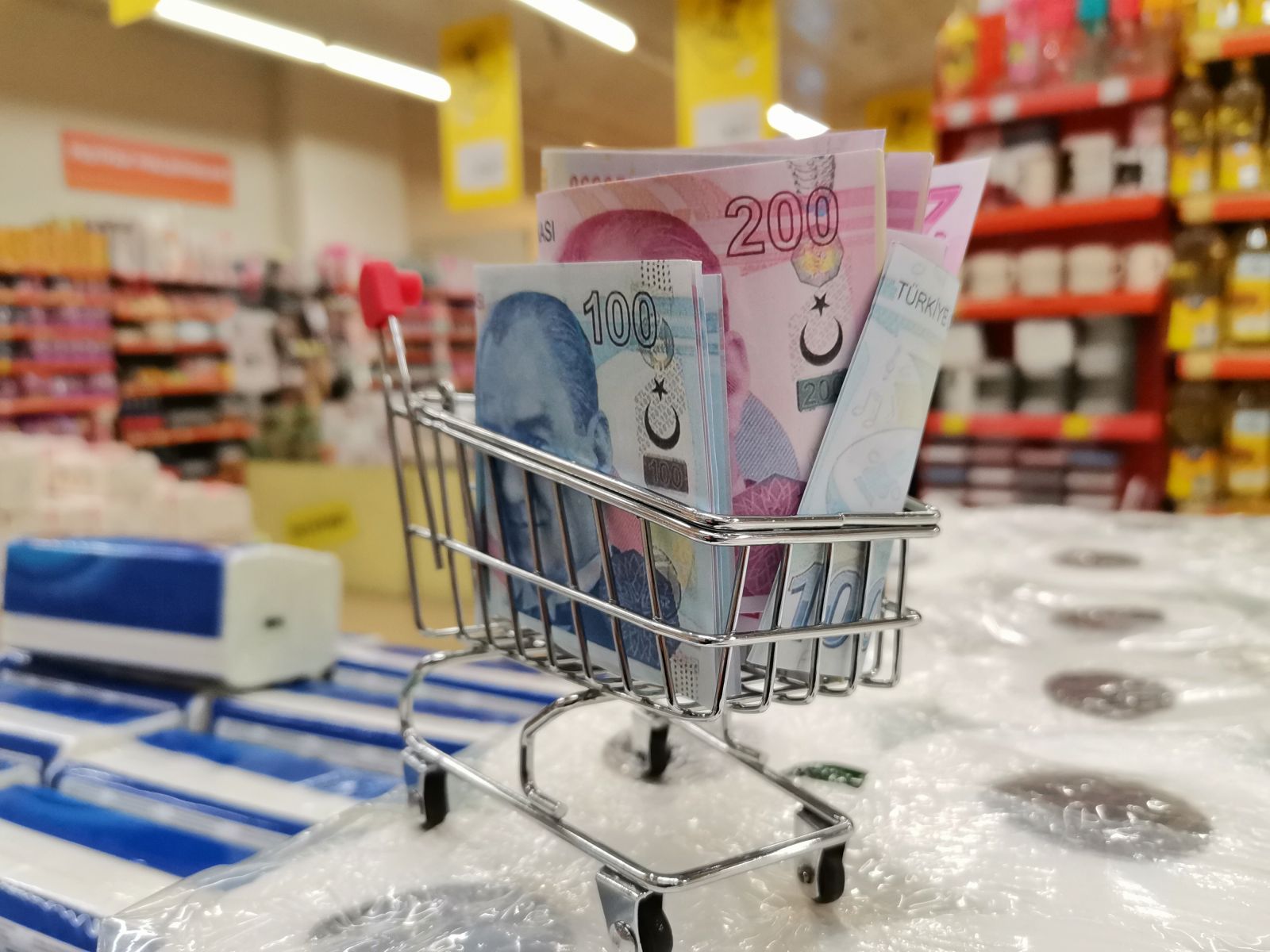
Rising inflation in Turkey was a result of rather unconventional measures taken by the government and Central Bank of Turkey, to encourage investment and stimulate the economy.
A series of interest rate cuts were enacted, the latest being the 0.5 percent rate cut in February.
The interest rate in Turkey stands at 8.5 percent, as of February, as reported by Reuters.
Erdogan’s aim was to achieve price stability by slashing borrowing costs, boosting exports and flipping chronic current account deficits to surpluses.
An ING Group report on Turkey shows that the 12-month rolling deficit dropped for the first time in March 2023 to $54.2 billion, or 5.9 percent of the country’s Gross Domestic Product (GDP).
In February, the deficit stood at $55.3 billion, indicating a 1.2 percent decline in Turkey’s rolling deficit.
As for the rolling trade deficit (on a balance of payments basis), excluding gold and energy, the ING report cited it at $14 billion in March, 2023.
The report indicated an improvement on the rolling trade deficit front, at a turnout of $4.5 billion.
Moreover, the Turkish economy grew by 5.6 percent in 2022.
These rate cuts may have helped the country recover its economic footing on the trade and budgetary fronts. But it has caused a number of issues on the domestic front that may prove to be politically vexing in the next few months, to say the least. Especially if Erdogan is looking to reconsolidate popular support any time soon.
Rate cuts have not only driven living costs up for Turks, but have also cost the country its Lira.
The Turkish Lira lost 44 percent of its value against the dollar in 2021, and 30 percent of its value in 2022, fuelling the rise in inflation.
Bolstering the Lira
In the months and weeks leading up to the elections and yesterday’s runoff, the lira has been fluctuating.
Although it has, on the overall, retained its value against the United States (US) dollar, it did slip below the TRY20 barrier multiple times over the past weeks.
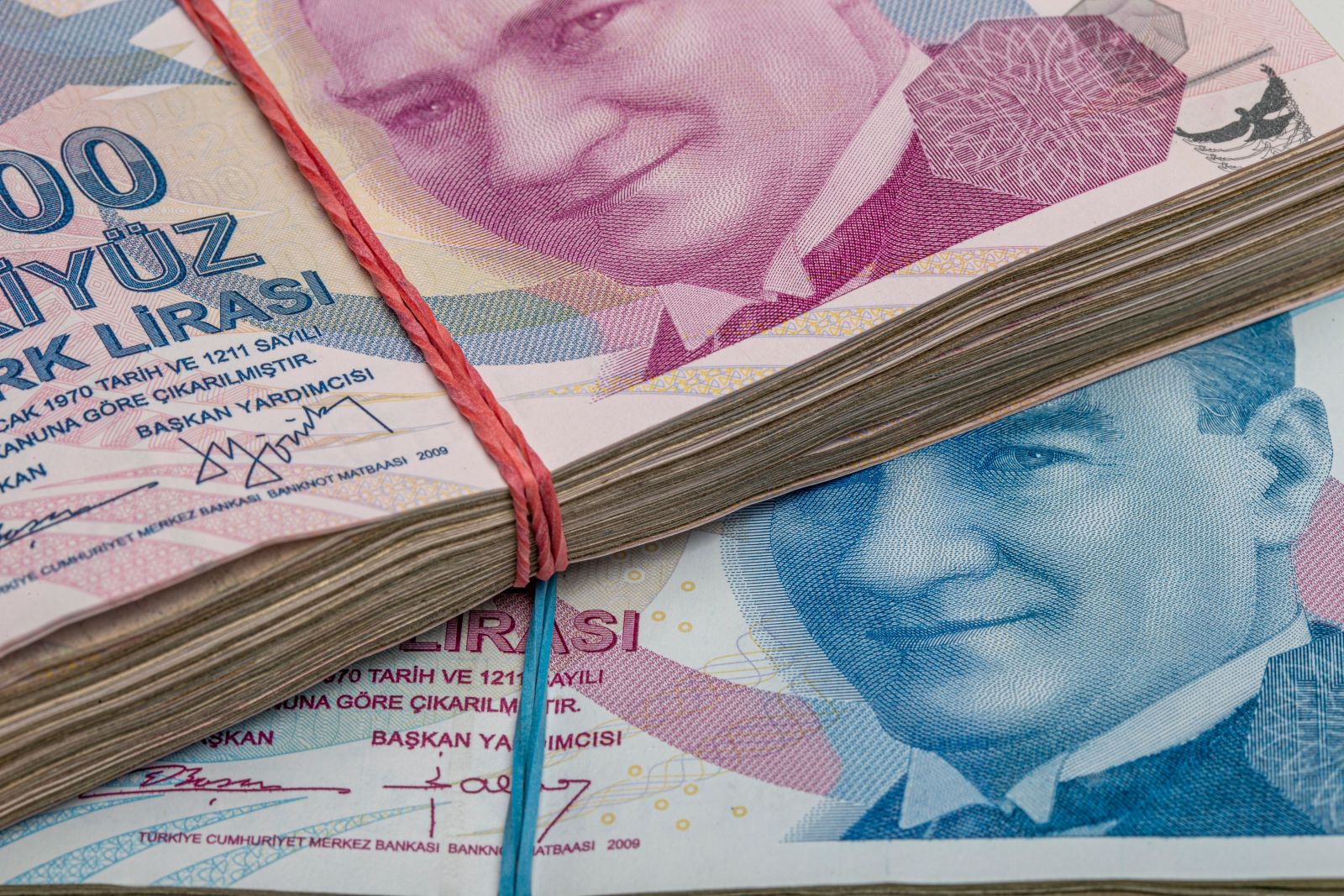
The lira was quick to recover to the TRY19 range every time, but has now dropped 0.5 percent to TRY 20.0785 against the US dollar as of Monday, Bloomberg reported.
While the fluctuation is limited, an unstable currency generally does not bode well for the economy. Especially one that is circled by contenders and opponents at every curb.
Banks raise interest rates to bolster the value of the currency and lower it to stimulate borrowing, spending and investment.
However, the interest rate in Turkey is now far below that at which prices are rising, according to AFP.
In other words, the lira’s valuation or growth rate is lower, or slower, than the rate at which the prices of consumer products and commodities are rising.
This means that people are effectively losing money if they do not spend it.
Consequentially, this is speeding up spending, as well as economic growth. But it is also feeding the inflationary spiral.
In two years, the lira has lost more than half of its value.
Official data, as reported by AFP, showed the central bank burning through $25 billion in a month trying to prop up the lira, mainly to prevent it from slipping below the TRY20 threshold.
A delicate balance needs to be maintained throughout the entire endeavour, to make sure inflation does not entirely devaluate the lira nor burn through the country’s reserves. This balance needs to be maintained long enough for the state’s economic and trade policies come to fruition. Especially in terms of trade and exportation, and the influx of hard currency.
Dealing with refugees
According to the United Nations refugee agency, more than 3.6 million Syrians reside in Turkey, Al Jazeera reported on May 27.
Overall, Deutsche Welle (DW) reported that Turkey had taken in three times as many refugees as all of the EU.
In 2016, the European Union (EU) and Turkey signed a deal, under which Turkey would take any measures necessary to stop people travelling irregularly from Turkey to the Greek islands. Anyone who arrived on the islands irregularly from Turkey is to be returned there, as per the International Rescue Committee (IRC).
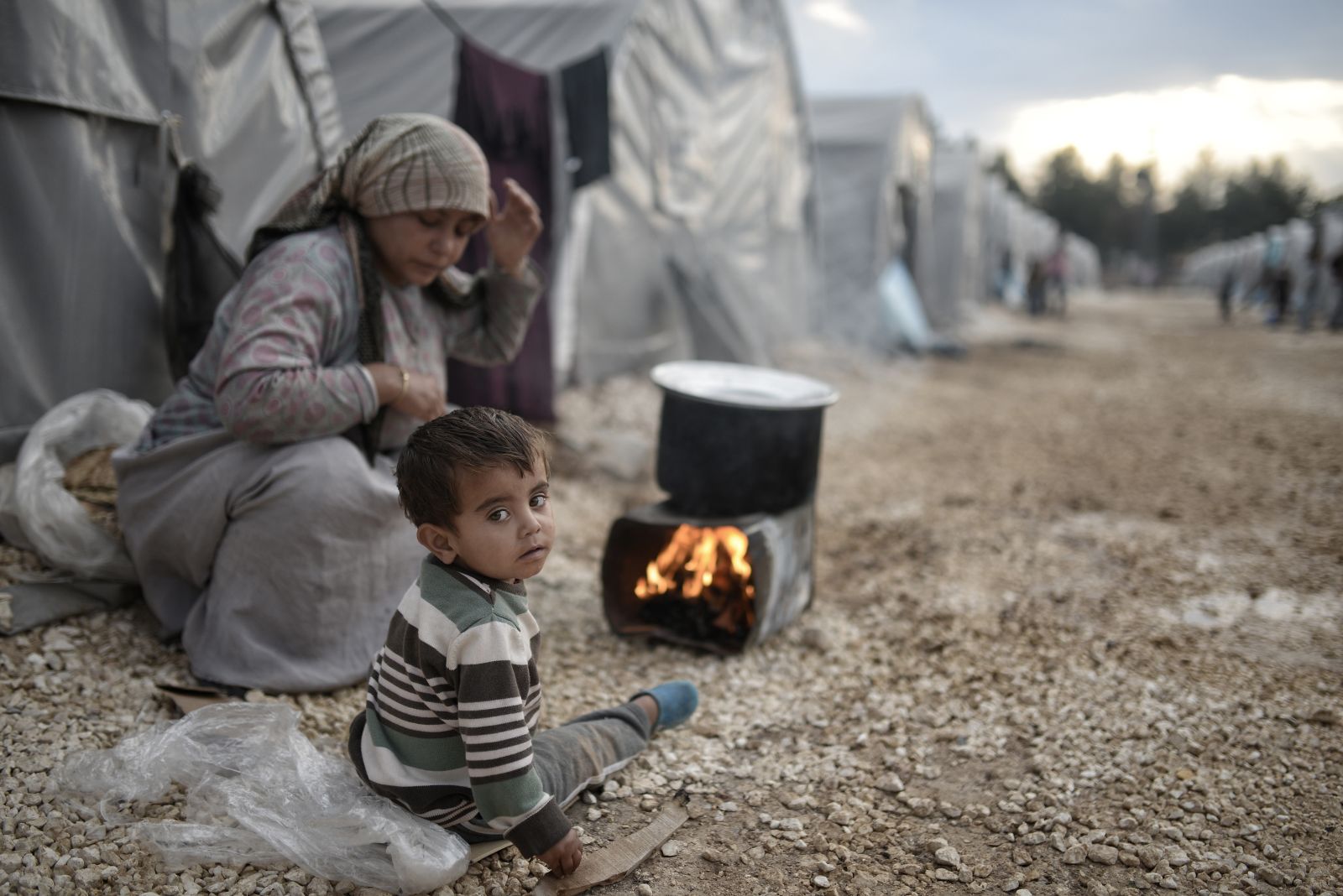
In exchange, for every Syrian returned from the islands, EU Member States would accept one Syrian refugee who had waited inside Turkey.
Only 2,140 people have been returned from Greece to Turkey under the deal, and many were granted asylum in the EU by state courts, namely Greek courts.
However, Turkey has not been accepting refugees returned from Greece since March 2020, as reported by the IRC, and the EU has not exactly been keeping up with its end of the deal.
Part of the deal was a EUR6 billion aid package for Syrian refugees in Turkey, over the duration of three years, in addition to a large-scale Syrian refugee reallocation scheme.
According to Politico, these promises were not fulfilled, and they were never realisable to start with.
More so, the EUR6 billion promised by the EU is nothing compared to the $40 billion spent by Turkey on Syrian refugees, as of October 2019, according to Al Monitor. Not to mention the fact that this aid package went directly through United Nations (UN) organizations, and not through Turkish channels. Meaning that it did not go through the Turkish economy.
Furthermore, over the past four years, only about 25,000 refugees have been resettled by EU member countries — a drop in the ocean for Turkey, Politico reported. Adding that Turkish citizens have yet to see any of the benefits they were promised by the Europeans under the deal.
Therefore, it is becoming more and more of a priority now to resolve the Turkish refugee situation and relief the economy of its strains.
Erdogan's government this month announced plans to build hundreds of thousands of housing units in northern Syria to facilitate the "voluntary" return of at least one million Syrian refugees, as per an AFP report.
To facilitate the realisation of this plan, Turkey has to reconcile with Syria.
Notably, Erdogan supported and financed opposition forces who took up arms against the Syrian regime, AFP reported. Turkey under Erdogan had a critical and vital role in the long and bitter Syrian civil war.
To add to this complication, in 2016, Ankara launched the first of several incursions against jihadist and Kurdish fighters in northern Syria, and has since been occupying the area.
For months, recently, Erdogan has been trying to reconcile with Syrian President Bashar al-Assad. But Russia-mediated talks have not been successful in terms of normalising diplomatic relations with Syria. Even as the regime restores ties with Arab countries, after years of isolation.
As a precondition to any meeting with Erdogan, Assad has demanded Turkey’s full withdrawal from all parts of northern Syria and an end to Turkish support of armed opposition groups, AFP reported.
Recovering from the earthquake
The 7.8-magnitude earthquake that struck on February 6 devastated entire neighbourhoods in south-eastern Turkey. More than 50,000 people died, according to AFP.
Hundreds of thousands of traumatised survivors were displaced and many are still living in tents or other temporary accommodation.
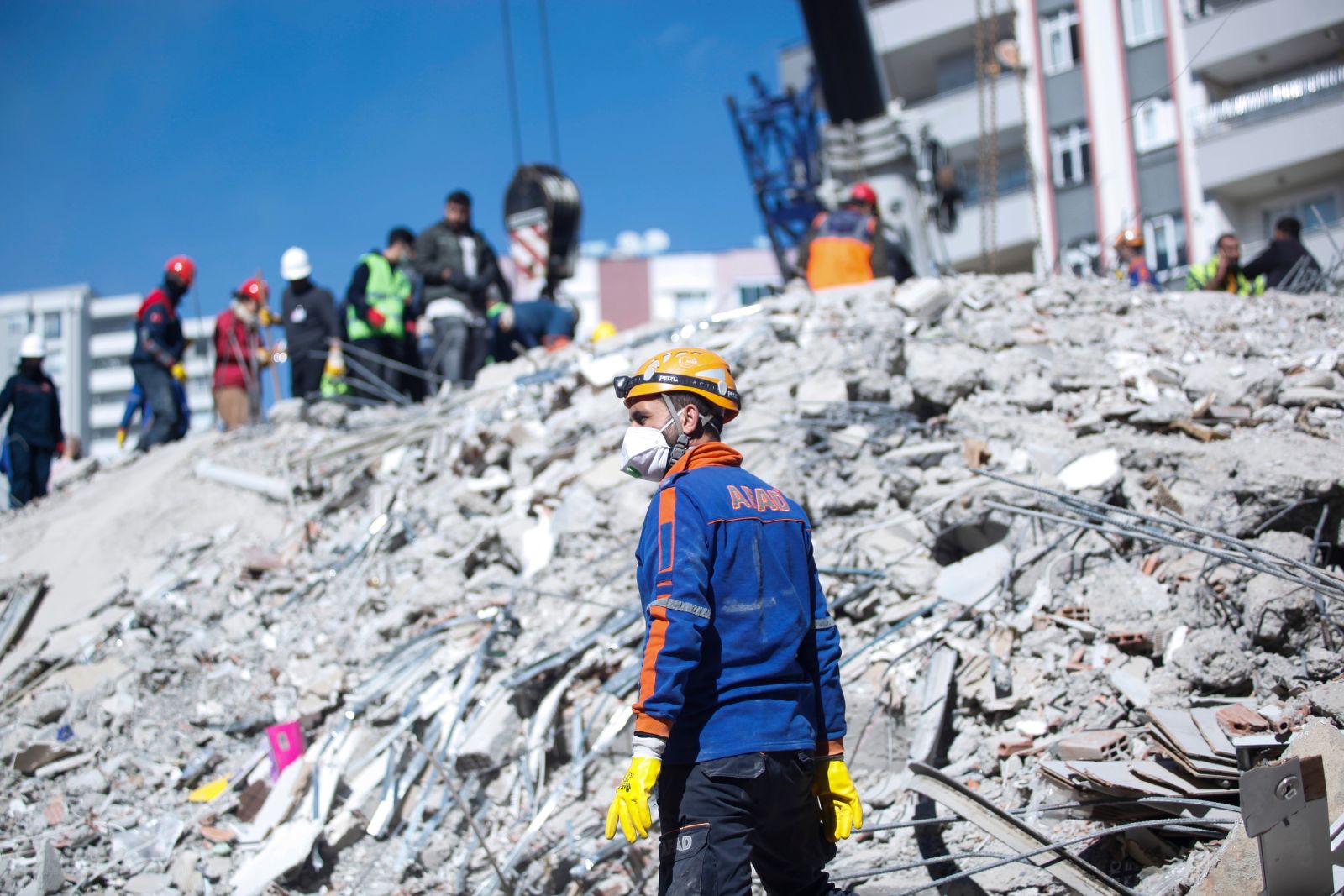
A fundraising conference hosted by the EU in Brussels in March raised donor pledges worth $7.5 billion for Turkey, as well as Syria, which was also affected. But earthquake reconstruction will cost the Turkish economy around $103.6 billion, the Ministry of Finance and Treasury said on March 17.
In addition to the vast loss of life, the economic and social challenges posed by the disaster remain colossal months after the earthquake.
Europe's development bank cut its outlook for Turkey's 2023 economic growth partly due to the catastrophe, with hundreds of thousands of people losing their livelihoods overnight.
Balancing the NATO stick
Turkey's NATO partners, led by the United States, are anxious for Ankara to lift its veto on Sweden joining the world's most powerful defence alliance.
Stockholm applied to join with Nordic neighbour Finland in 2022 after Russia's invasion of Ukraine, which triggered a major shift in the countries' long history of military non-alignment.
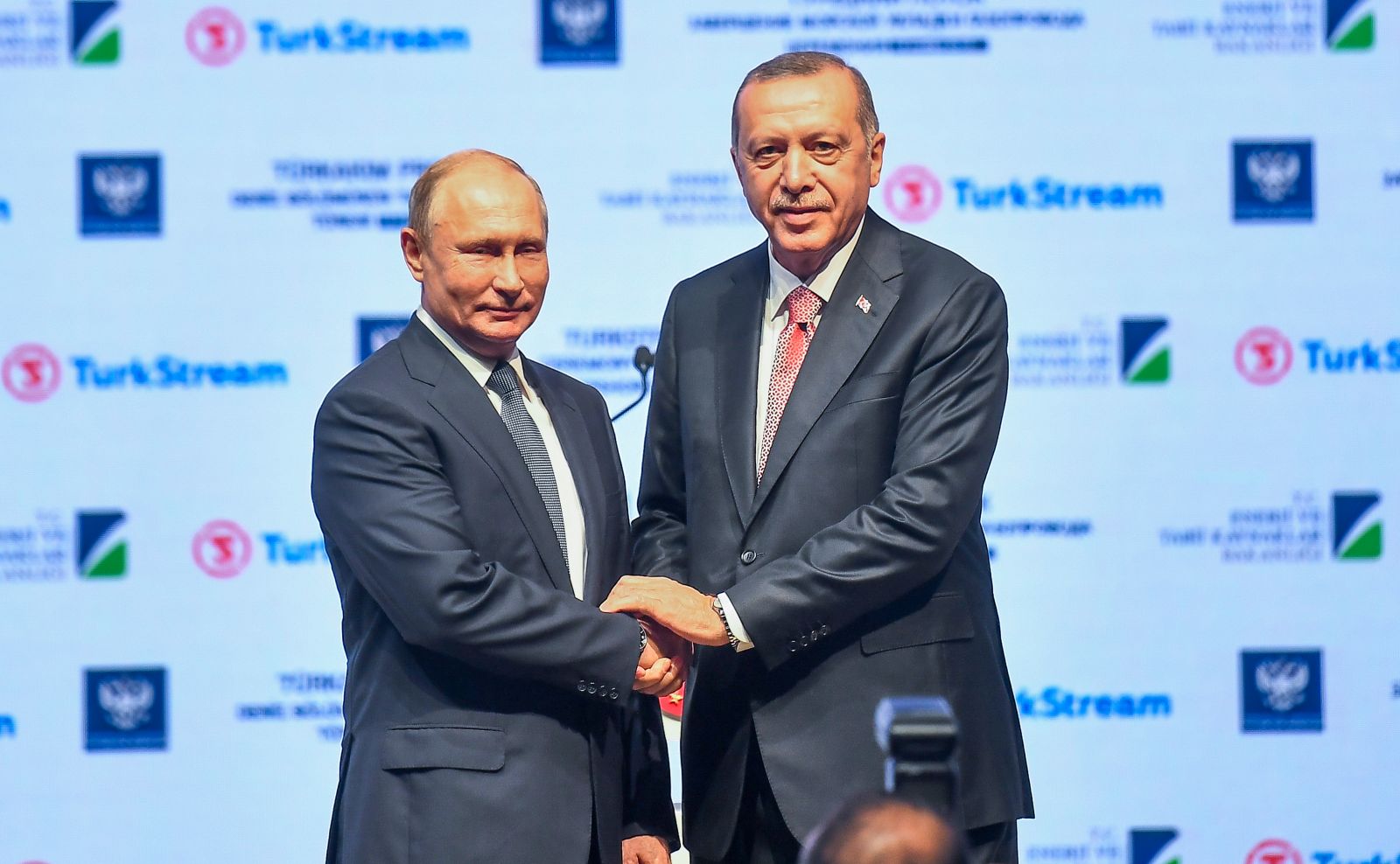
But Ankara blocked their applications, demanding the extradition of Turkish figures allegedly linked to outlawed Kurdish militant groups.
NATO members are slated to meet in the coming days, and AFP reported hopes for progress on the issue before the heads of state summit in Lithuania this July.
Turkey eventually ended its opposition to the entry of Finland but is still barring Sweden’s application.
Erdogan’s policy on international relations prioritises Turkey’s interests and reinforces retaining equal distances from all international and regional players, except if there is something in it for Turkey.
Looking forward
Navigating the choppy waters of Turkey's economic and geopolitical landscape will indeed prove a significant challenge for President Erdogan in his third term.
Addressing the alarmingly high inflation rate while stabilizing the Lira and preventing further erosion of the country's reserves will require a deft handling of monetary policy.
Whether or not Erdogan will stay the economic policy course and if so, whether or not it will come to fruition in time, remains to be seen.
It is paramount that government continues to pursue trade and fiscal policies that foster economic growth without igniting further price instability.
Additionally, navigating the delicate international relations within NATO, managing the refugee crisis with the EU, and seeking reconciliation with Syria, all add a layer of complexity to Turkey's challenges.
Here, Erdogan must balance Turkey's interests against the demands and expectations of powerful global actors. The pending issue of Sweden's NATO membership, the unresolved agreement with the EU concerning refugees, and the long road towards reconciliation with Syria each represent a diplomatic high-wire act that will test Erdogan's leadership on the global stage.
Finally, the domestic challenges presented by the devastating earthquake and the need for massive reconstruction efforts further underscore the enormity of the task at hand.
In conclusion, Erdogan’s third term promises to be marked by a series of formidable challenges that will test his economic, diplomatic, and leadership mettle.
How these hurdles are navigated will have significant implications, not only for Turkey’s domestic situation but also for its standing on the global stage. The months and years ahead will certainly bear witness to a crucial period in Turkey's contemporary history.



